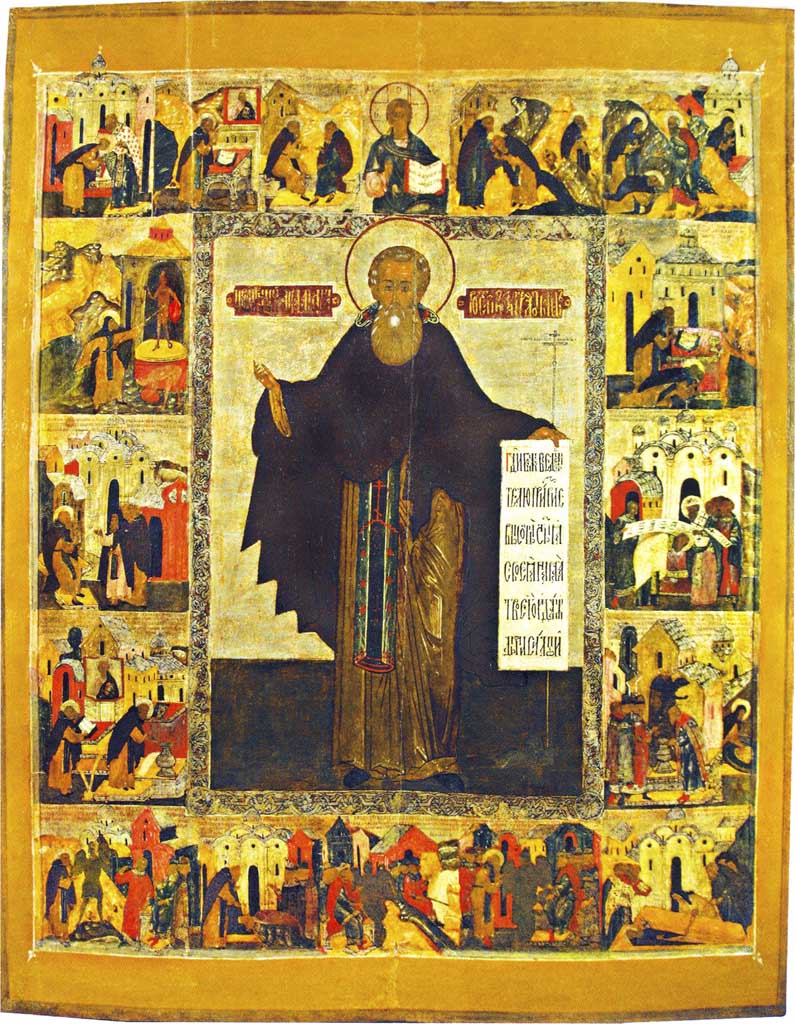Sunday 4 January 2015
We Are Not Equal Part Six
Posted by
Supertradmum
One of the readings in today's Divine Office is from Maximus the Confessor. One small paragraph contains the kernel of truth reiterated in the readings of the Mass.
For surely the word of the Law and the Prophets when it is understood with faith is like a star which leads those who are called by the power of grace in accordance with his decree to recognise the Word incarnate.
The great teacher, Maximus, shows us that "those who are called by the power of grace" are given power in grace to respond to God's Will. These who are called and given power "in accordance with is decree", that is, according to God's Will, recognize Christ as the Savior, as the Incarnated Second Person of the Blessed Trinity. Those in the Synod who want to change Church teaching need to read Maximus today, as they must as priests, and ponder their own position.
The heresies I pointed out three days ago are here anticipated by Maximus--sin is not natural, which is against the Semi-Pelagians, as is the last statement, referring to man's pre-Original Sin nature.
Do the synodal fathers hear what they read today? Do they reflect on sin, grace, human nature and the call to holiness, which is possible in Christ, but not outside of Christ?
Here is the reason why God became a perfect man, changing nothing of human nature, except to take away sin (which was never natural anyway). His flesh was set before that voracious, gaping dragon as bait to provoke him: flesh that would be deadly for the dragon, for it would utterly destroy him by the power of the Godhead hidden within it. For human nature, however, his flesh was to be a remedy since the power of the Godhead in it would restore human nature to its original grace.
